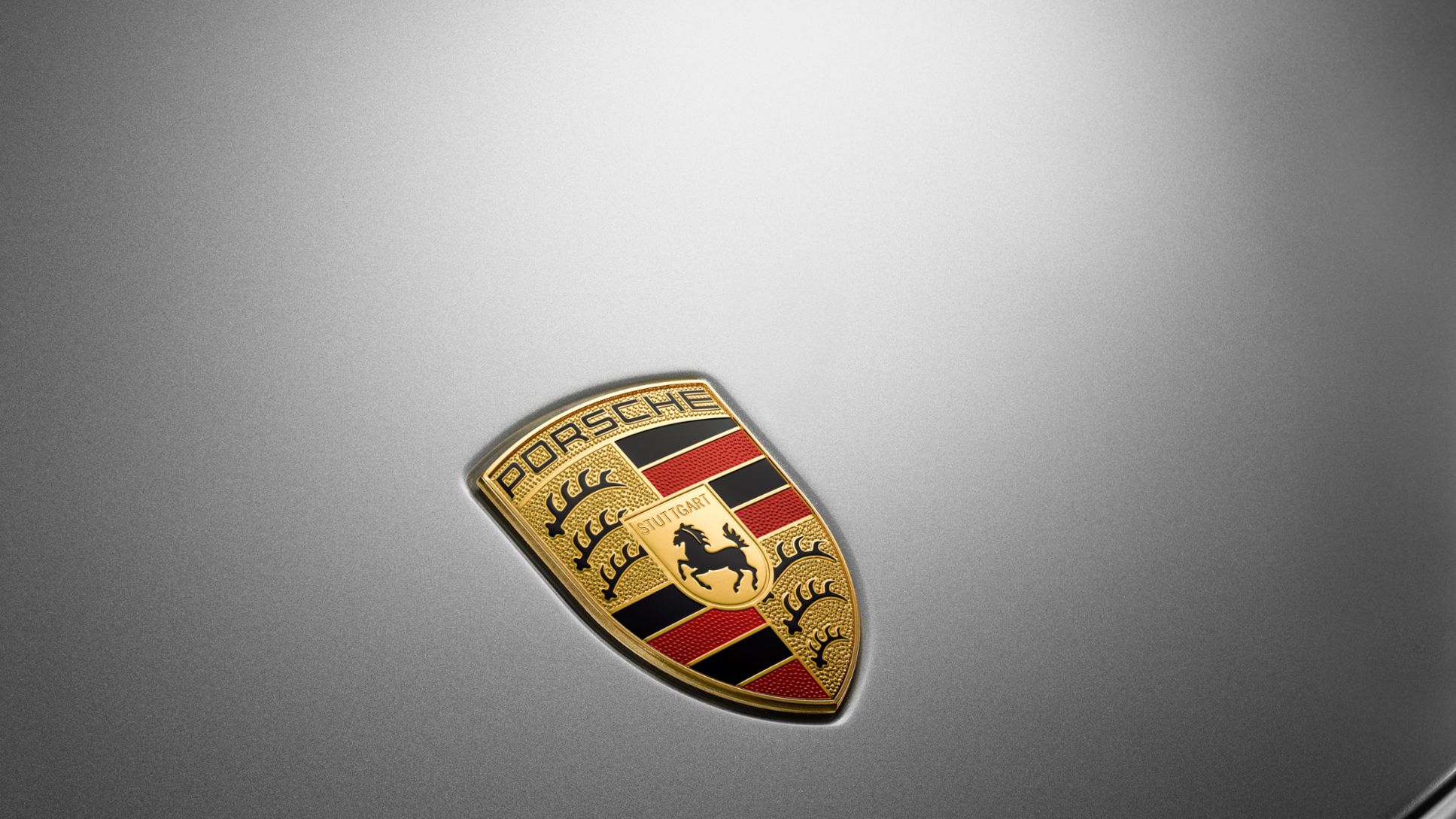It is true that, currently, it is only possible to order through a Porsche dealership, rather than online. The transition to vehicles being fitted with a gasoline particulate filter (GPF) has resulted in limited configuration options. There is also very high demand.
From September 1, 2018, the Worldwide Harmonized Light Vehicles Test Procedure (WLTP) measurement cycles apply to all new cars in Europe and a new emission standard is also coming into force. Porsche is therefore making its model range fit for the coming emission standards. The introduction of new emissions legislation makes it necessary to transition the model range to use a gasoline particulate filter (GPF) and obtain new type approvals no later than September 1, 2018. As a result, a temporary restriction to the model range is in force. Despite this, in terms of ordering new models – even during the transition period – both prospective and current customers can make use of Porsche Centres.
As part of the transition, there will be a phased introduction of the model derivatives. Starting in September, selected models from the 911 and 718 model lines will be available with a gasoline particulate filter. The 911 4 GTS with all-wheel drive and PDK will also be available in three body shapes from the outset – as a Coupé, Cabriolet and Targa. Alongside the 911 4 GTS derivatives, the new technology for gasoline particulate filters (GPF) will be implemented into the 718 basic and GTS models and then into other model lines.
Porsche is prioritising the transition of model ranges to ensure that the most attractive possible product range remains available to customers. For two-door sports cars – where in some cases the proportion of vehicles featuring automatic gearboxes is over 90 percent – these versions will be introduced to the market particularly quickly.
For all new model launches that fall within the transition phase, all of the initial model variations available with a petrol engine will be fitted with a gasoline particulate filter from the outset. The market introduction of individual derivatives will take place step-by-step, as with a new launch.
Consumption data taking individual vehicle equipment into account
There are a number of challenges which have contributed to the delay: In accordance with the new legislation, vehicle manufacturers will in future have to specify individual consumption data, taking into account the individual vehicle equipment. Calculating this consumption data requires a wide variety of measurements.
“The EU deadlines for WLTP certification, which were brought forward at short notice by a year, are putting us under immense pressure. Our preparations have already been in full swing for more than a year, and we are making good progress”, says CEO Oliver Blume. “Due to a considerable shortage in the availability of test benches, which is affecting all manufacturers, this is currently a huge challenge. We need to prioritize. Nevertheless, we are in favour of more realistic emissions determination.”
Consumption data
911 Carrera 4 GTS: Fuel consumption combined 9,5 – 8.5 l/100 km; CO2 emissions 216 – 192 g/km
911 Carrera 4 GTS Cabriolet: Fuel consumption combined 9,7 – 8.7 l/100 km; CO2 emissions 220 – 196 g/km
911 Targa 4 GTS: Fuel consumption combined 9,7 – 8.7 l/100 km; CO2 emissions 220 – 196 g/km
718 Boxster: Fuel consumption combined 7,4 – 6.9 l/100 km; CO2 emissions 168 – 158 g/km
718 Boxster GTS: Fuel consumption combined 9,0 – 8.2 l/100 km; CO2 emissions 205 – 186 g/km
718 Cayman: Fuel consumption combined 7,4 – 6.9 l/100 km; CO2 emissions 168 – 158 g/km
718 Cayman GTS: Fuel consumption combined 9,0 – 8.2 l/100 km; CO2 emissions 205 – 186 g/km
